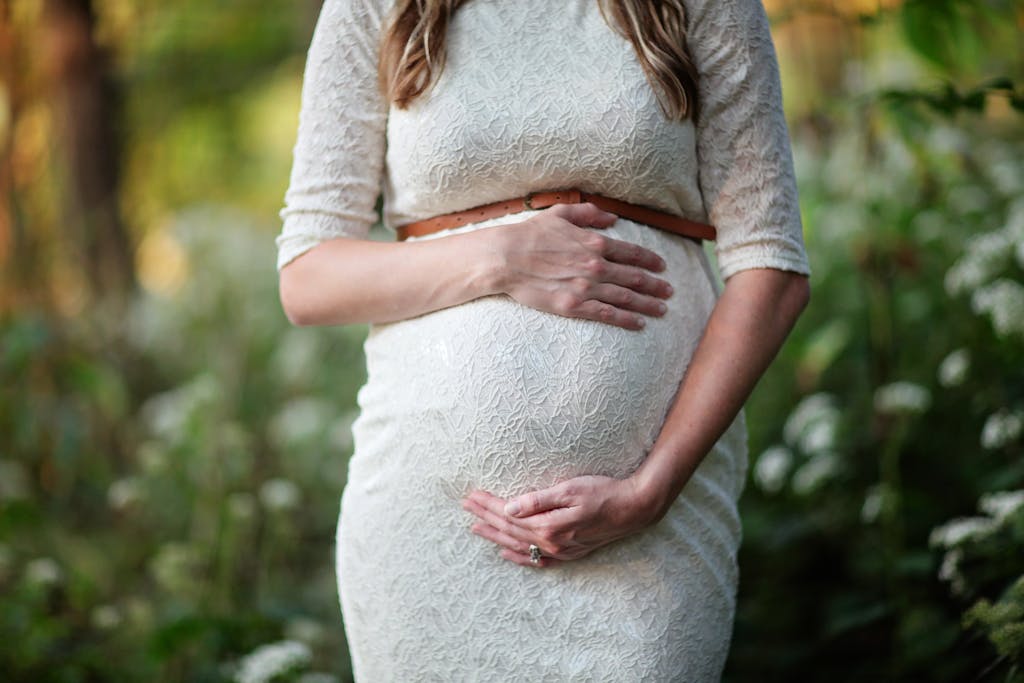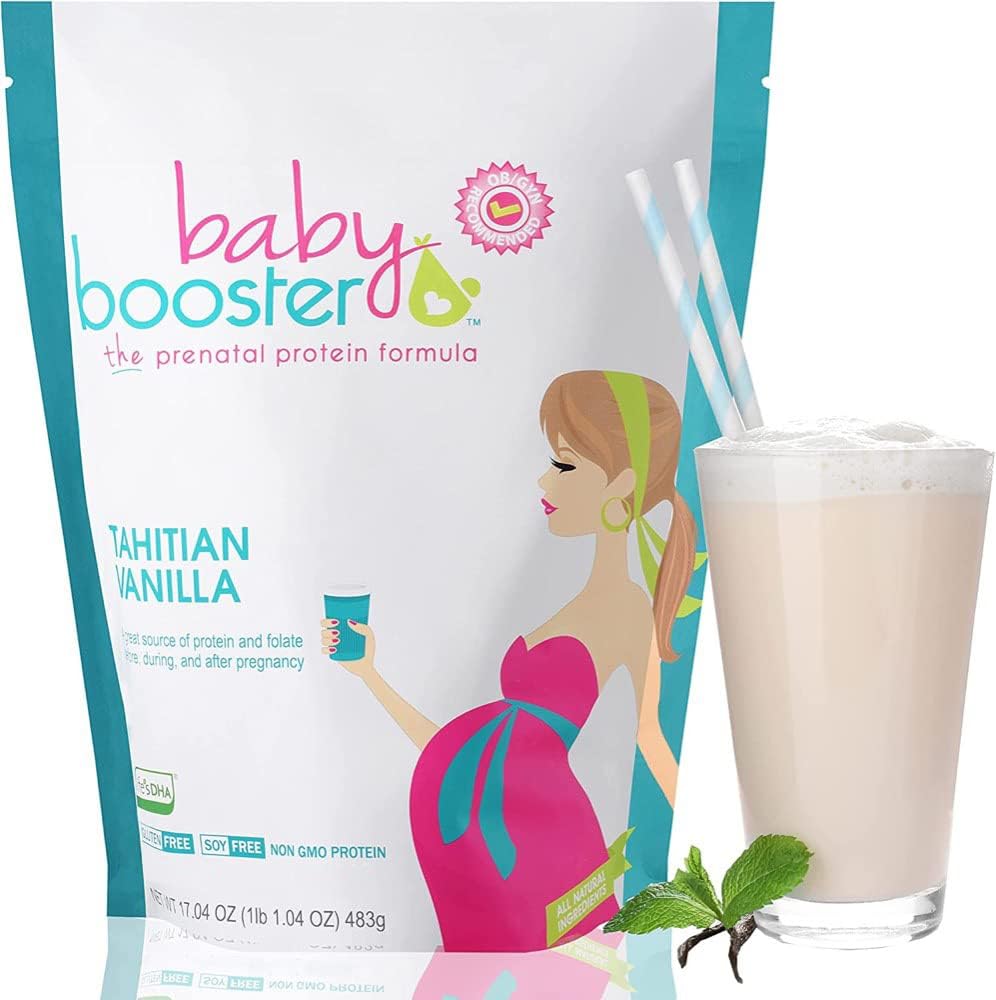Pregnancy is an exciting, life-changing event, but it can also be filled with uncertainty and questions. One of the most common questions women have when trying to conceive – or even when pregnancy comes as a surprise – is about the early signs of pregnancy. Many women rely on a missed period as the primary indicator, but did you know that there are several subtle signs that can appear before this? In fact, your body can start giving you clues as early as a week after conception.
In this article, we’ll explore some of the most common early signs of pregnancy that you may experience before you even miss your period. Whether you’re trying to conceive or just want to be prepared, this guide will help you recognize the early signs of pregnancy.
1. Increased Fatigue and the Need for Extra Nutrients
One of the earliest and most common signs of pregnancy is an overwhelming sense of fatigue. This sudden exhaustion can hit you as early as a week after conception, long before a missed period. Your body is working hard to support the developing embryo, and this increased workload can leave you feeling drained. Hormonal changes, particularly the rise in progesterone, can make you feel more tired than usual.
How to Manage This Symptom:
While it’s tempting to reach for a sugary snack or an extra cup of coffee for a quick energy boost, it’s important to prioritize your nutrition, especially during early pregnancy. Protein is one of the most essential nutrients during this time, as it helps maintain energy levels and supports your growing baby.
One easy and effective way to ensure you’re getting enough protein and other essential nutrients is by incorporating a prenatal protein powder into your daily routine. Baby Booster Prenatal Protein Powder is designed specifically for pregnant women. Not only does it provide 20 grams of high-quality protein per serving, but it’s also packed with essential vitamins like DHA, Folate, and B6, all crucial for both you and your baby. This product is a convenient way to stay nourished, especially when your energy levels are low.
2. Tender and Swollen Breasts
Another early sign of pregnancy that often goes unnoticed is breast tenderness. Many women report that their breasts feel sore or more sensitive than usual. This sensitivity is caused by the hormonal changes your body undergoes after conception, particularly the rise in estrogen and progesterone.
This symptom can be easily confused with the breast soreness that some women experience before their period. However, if you notice that your breasts feel more swollen or heavier than usual, it could be an early sign of pregnancy.
There’s not much you can do to prevent breast tenderness, but wearing a supportive bra and opting for looser clothing can help alleviate discomfort. As your pregnancy progresses, your breasts will continue to change, so investing in a comfortable, well-fitting maternity bra is a good idea.
3. Frequent Urination
If you find yourself running to the bathroom more frequently than usual, it could be an early sign of pregnancy. This symptom is caused by the increased blood flow to your kidneys, which starts early in pregnancy to help your body process waste more efficiently. Additionally, the growing uterus begins to put pressure on your bladder, causing the urge to urinate more frequently.
Frequent urination can start as early as two weeks after conception and continue throughout your pregnancy. It’s one of the more noticeable signs, especially if you’ve already ruled out other causes like increased water intake or a urinary tract infection.


4. Nausea and Food Aversions
Nausea, commonly known as morning sickness, is one of the most well-known early signs of pregnancy. However, many women are surprised to learn that nausea can start even before a missed period. While the exact cause of morning sickness isn’t fully understood, it’s believed to be related to the increase in hormones like hCG (human chorionic gonadotropin) and estrogen.
Morning sickness can range from mild queasiness to severe nausea, and it can occur at any time of day. Along with nausea, many women experience strong aversions to certain foods or smells. Foods you once loved may suddenly make you feel sick, while foods you previously disliked may seem more appealing.
How to Cope with Nausea:
Eating small, frequent meals throughout the day can help keep nausea at bay. Dry crackers, ginger tea, and bland foods are often recommended for managing morning sickness. Staying hydrated is also essential, as dehydration can make nausea worse.
If you’re struggling to maintain a balanced diet due to food aversions, consider adding a prenatal protein powder to your routine. Not only does it provide essential nutrients, but it’s also easy to digest, making it a great option for women experiencing morning sickness.
5. Mood Swings and Emotional Changes
Hormonal changes during early pregnancy can cause mood swings and heightened emotions. You may feel unusually emotional, irritable, or anxious during the first few weeks of pregnancy, even before missing your period. These emotional changes are due to the rising levels of estrogen and progesterone in your body, which can affect your mood.
Mood swings can vary from person to person, and some women may not experience them at all. However, if you find yourself crying at commercials or feeling more sensitive than usual, it could be an early sign of pregnancy.
Managing Mood Swings:
It’s important to take care of your mental health during pregnancy. Make time for activities that help you relax and de-stress, whether it’s reading a book, taking a walk, or practicing mindfulness. Talking to a supportive friend or partner about how you’re feeling can also make a big difference.
If you’re feeling particularly overwhelmed, consider reaching out to your healthcare provider or a counselor who specializes in prenatal care. Pregnancy is an emotional journey, and it’s completely normal to seek support during this time.
6. Light Spotting or Cramping
Light spotting or cramping can occur early in pregnancy and is often mistaken for the start of a period. This symptom, known as implantation bleeding, happens when the fertilized egg attaches itself to the lining of the uterus. Implantation bleeding is typically lighter than a normal period and lasts for a shorter amount of time.
Cramping in early pregnancy can also feel similar to menstrual cramps, which is why many women assume their period is about to start. However, if the cramping is mild and accompanied by light spotting, it could be a sign of pregnancy.
What to Watch For:
Implantation bleeding usually occurs about 6-12 days after conception. It’s lighter than a regular period and doesn’t last as long. If you notice spotting but don’t experience a full period, it may be worth taking a pregnancy test to confirm.
7. Changes in Basal Body Temperature
If you’ve been tracking your basal body temperature (BBT) as part of your fertility routine, you may notice that your temperature remains elevated after ovulation. During a typical menstrual cycle, your BBT rises slightly after ovulation and then drops just before your period. However, if you’re pregnant, your BBT will remain elevated due to the increased levels of progesterone in your body.
How to Track It:
Tracking your BBT requires consistency. Take your temperature first thing in the morning, before getting out of bed, using a basal body thermometer. A sustained elevation in temperature for more than two weeks after ovulation could be an early sign of pregnancy.
Conclusion
While a missed period is often the first sign that prompts women to take a pregnancy test, there are several early signs of pregnancy that can appear even before this. From increased fatigue and breast tenderness to mood swings and light spotting, your body provides subtle clues that you may be expecting.
If you’re experiencing any of these signs and suspect that you might be pregnant, it’s important to listen to your body and take a pregnancy test to confirm. During this exciting time, it’s crucial to prioritize your health and nutrition.
By staying informed and paying attention to the early signs, you can better prepare for the incredible journey of motherhood.
Affiliate Disclosure
Some of the links on this site are affiliate links. This means that if you click on the link and purchase the item, we may receive an affiliate commission at no extra cost to you. I only recommend products or services that I believe will add value to my readers, however some (not all) do pay us to be on this blog. Your support and theirs helps keep this blog running, and I genuinely appreciate it.
Medical Disclaimer
The information provided on this website is for educational purposes only and is not intended as medical advice. This blog or the writer is not a licensed healthcare professional, and the content should not be used as a substitute for professional medical diagnosis, treatment, or advice. Always consult with your physician or other qualified healthcare provider before starting any new treatment or making any changes to your healthcare routine.
